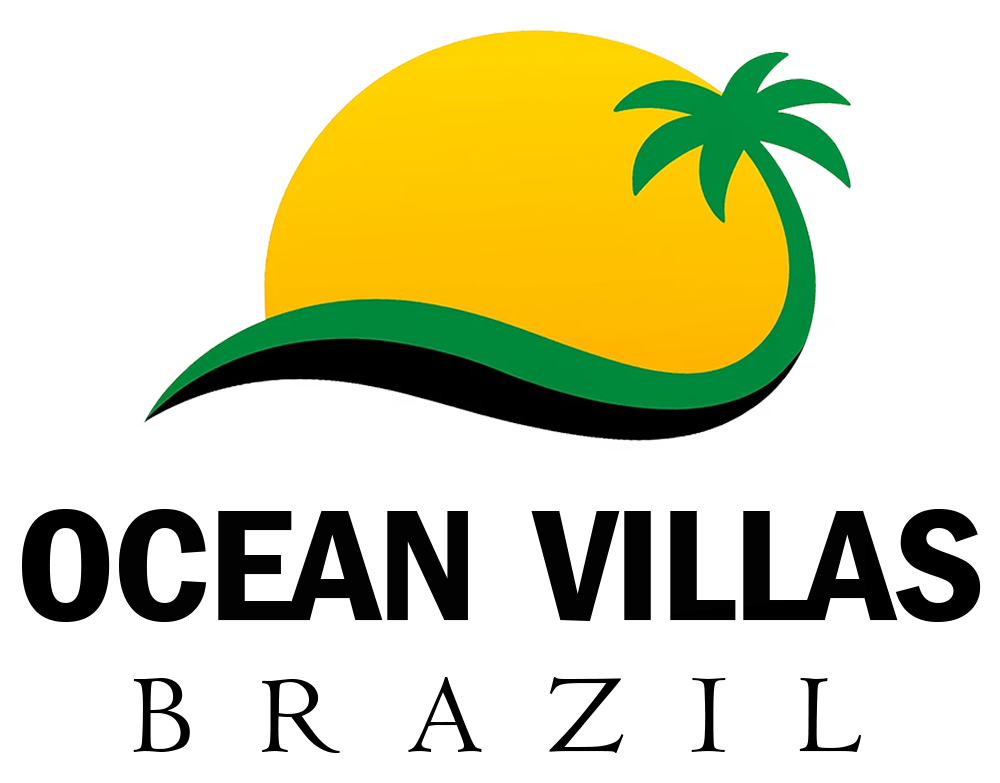FIND QUICK ANSWERS TO THE MOST COMMON QUESTIONS ABOUT INVESTING AND LIVING IN BRAZIL
1. CAN FOREIGNERS LEGALLY PURCHASE BEACHFRONT PROPERTY IN BRAZIL?
Yes, foreigners have Full property ownership and benefit from the same rights as Brazilian citizens when purchasing urban properties including houses, condos and beachfront homes. The process requires obtaining a CPF (Brazilian tax ID) and adhering to local laws regarding taxes and property registration. You will receive a title deed to your property in your name, Brazil is one of the few countries that allows foreigners freehold ownership to both land and property in their own names.
2. WHAT IS BRAZIL’S GOLDEN VISA AND HOW CAN I QUALIFY THROUGH REAL ESTATE INVESTMENT?
Brazil’s Golden Visa, officially known as the VIPER visa, allows foreign investors to obtain permanent residency by investing in qualifying real estate. The minimum investment amount varies depending on the region with some areas, including Northeast, requiring as little as R$700,000 (approximately 108,000 Euro). After four years of residency investors may be eligible to apply for Brazilian citizenship.
3. WHAT IS THE RETURN ON INVESTMENT IN BRAZIL?
Return on investment in Brazilian real estate varies by location, asset type and management quality. In high-demand tourist areas rental yields typically range from 6% to 10% annually with capital appreciation of 8% to 12% possible in emerging markets. Vacation rentals tend to generate the strongest returns particularly when occupancy rates are high and expenses are managed well. Successful investors should try to invest in the areas with growing domestic tourism sector, long tourist season and affordable real estate prices such as in Brazil’s Northeast.
4. WHY SHOULD I CONSIDER INVESTING IN BRAZIL REAL ESTATE NOW?
Brazil’s real estate market offers strong long-term potential driven by a growing middle class, booming vacation rental demand and expanding infrastructure. Coastal markets, fueled by tourism, provide attractive rental yields and capital appreciation. Favorable exchange rates and competitive prices make Brazil a compelling alternative to North America and Europe for savvy investors.
5. WHERE IS THE BEST PLACE TO BUY PROPERTY IN BRAZIL?
The best property opportunities in Brazil are found in coastal cities which combine natural beauty with strong tourism, infrastructure and local demand. The province of Ceara where our properties are located offers excellent infrastructure and high rental demand, attracts a continuously increasing number of tourists being an affordable destination with year-around sunshine. When choosing a location consider beach proximity, access to airports and short-term rental viability. Strategic selection of the area with strong tourism and development potential can lead to strong appreciation and stable rental income.
6. WHAT TYPE OF REAL ESTATE IS THE BEST INVESTMENT IN BRAZIL?
A successful investment strategy in Brazil often includes a mix of beachfront villas, luxury condos and other well-managed vacation rentals in high-tourism areas.Vacation rentals in popular tourist destinations generate consistent income especially when diversified across regions and property types. Properties that are well-located, visually appealing and tailored for short-term rental markets tend to yield the best results especially when supported by professional marketing and operational management.
7. IS INVESTING IN BRAZIL REAL ESTATE SAFE?
Investing in Brazil is generally safe, however risks like market volatility, regulatory changes and economic shifts should be factored into your planning. To protect your investment it’s essential to conduct in-depth due diligence, work with reputable local professionals and understand the nuances of Brazil’s legal and property systems particularly for foreign buyers.
8. WHAT IS THE OUTLOOK FOR THE REAL ESTATE MARKET IN BRAZIL?
The real estate market in Brazil shows promising signs of sustained growth especially in tourism-heavy coastal areas. Increased infrastructure development, rising domestic and international tourism and favorable government policies are driving demand. Foreign interest is also increasing particularly in digital-nomad-friendly and vacation-ready locations. While regulatory risks remain, the overall trajectory points toward appreciation and expanding investment opportunities.

